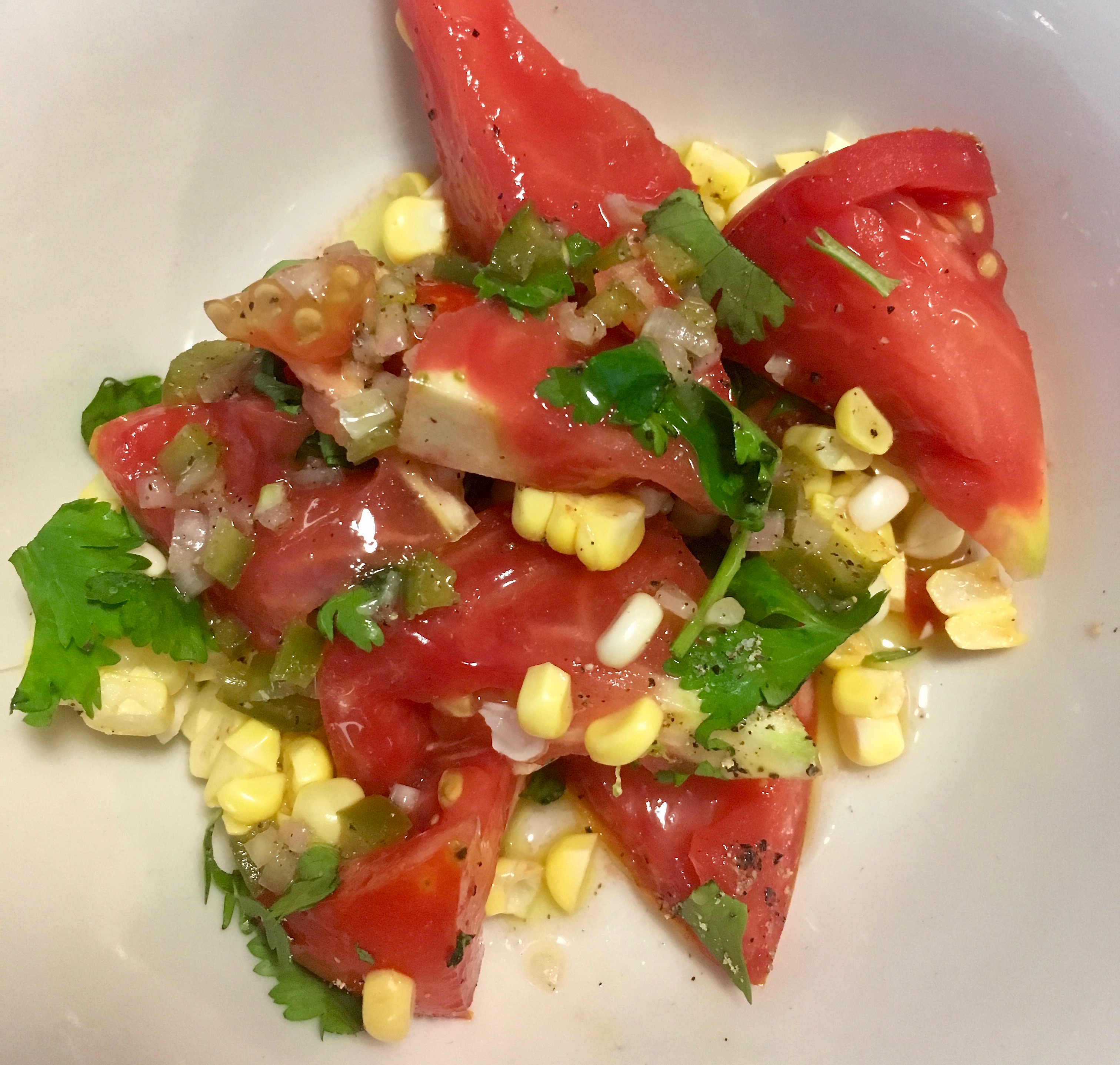Your Teen’s Weight Is Not the Problem: Building Healthy Habits Without Shame. By Brittany Guerin and Andrew Shaw

In our society, there is an unhealthy amount of fear and oppression towards people whose bodies are larger. Cue: “The War on Obesity.” In reality, weight is not a reliable indicator for our physical health. In fact, the stigma and bias against people with larger bodies causes more damage to physical and mental health than being physically larger in size. Bodies naturally come in a variety of shapes and sizes. A health at every size approach recognizes it is better for physical and mental health to focus on building healthy behaviors instead of pursuing weight loss.
Your teen’s body is not a problem to be solved. If you are concerned about your teen’s health, you can address physical activity, nutrition, sleep, and stress management without suggesting that they lose weight.
Here are some tips:
- Avoid making comments about your teen’s weight and encouraging weight loss. Research suggests that this can attribute to body shame and dissatisfaction. Instead, focus on increasing movement, getting enough sleep, and filling plates with a wide variety of foods – because these are good for overall health and wellness and not for the sake of weight loss. Your teen’s body will find its natural weight.
- Don’t put your teen on a diet. Parents sometimes try to restrict children from eating too much but this can do more harm than good. Ellyn Satter is a child feeding expert who suggests that, as the caregiver, “you are responsible for what, and when, and where your child is fed. Your child is always responsible for how much and whether to eat the foods you offer.” This helps them learn to trust their own hunger and fullness cues and build eating competence over time.
- Use a team approach by making any lifestyle changes about being healthy as a whole family. Instead of suggesting your teen to eat more vegetables, try to eat more vegetables as a family. Instead of asking your teen to be more active, try taking family walks or bikes rides. This approach will prevent attacking your teen’s self-esteem, while still encouraging a healthy lifestyle. This is also a great way to spend quality family time together!
- Highlight all the other amazing qualities and skills of your teen. On a nearly constant basis, we all receive messages from society that our bodies are not “good enough.” Combat this negativity by highlighting the amazing qualities and skills your teen possesses. Compliment your teen about their kindness, humor, talent in scrapbooking, or hard work in math. This encourages broader self-worth that isn’t connected to their appearance. When family and friends make negative comments about someone’s appearance or weight, be courageous and speak up.
- Lead by example. Teens learn so much from what they see their parents doing. This is why it is so important to be kind to ourselves. What would it mean to unlearn the negative messages you have received about your own body? How would your life improve if you learned to gently let go of body shame and regained a sense of body trust? If this seems like an area of improvement, you might even seek out personal development or counseling services.
These five tips are intended to take the focus off of weight and onto overall health and wellness. The goal is to begin shifting the focus now so that your teen can build a healthy relationship with their body as they grow into confident adults.
Our vision at CCERC is to offer world-class, multiculturally-oriented and social justice based counseling. We recognize the harm of weight bias and stigma against people who are larger and are working to advocate for health at every size. We hope to be a resource for people to discuss and break down oppression and come to peace with their bodies.
Disclaimer: If a lot of this information is new to you or contrary to things you’ve said or done in the past, it is okay and in no way means you are a bad parent. Weight loss comments are usually intended to help or motivate others, so it’s nothing to beat yourself up about. However, with this knowledge, now is the perfect opportunity to do better.
Other resources:
Building eating competence: https://www.ellynsatterinstitute.org/how-to-feed
More about body trust: https://benourished.org
Resources on body respect and health at every size: https://lindabacon.org
- Categories: